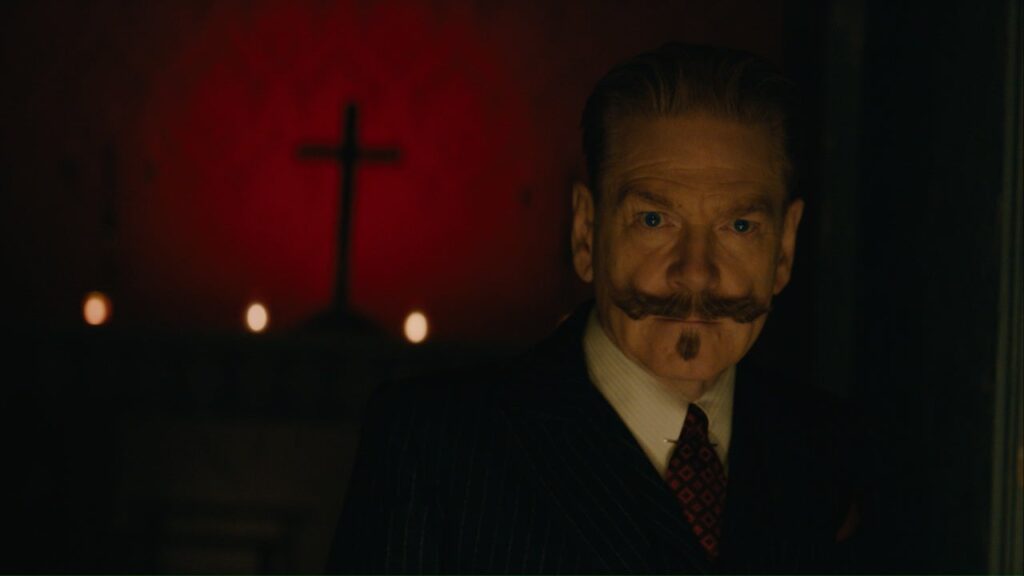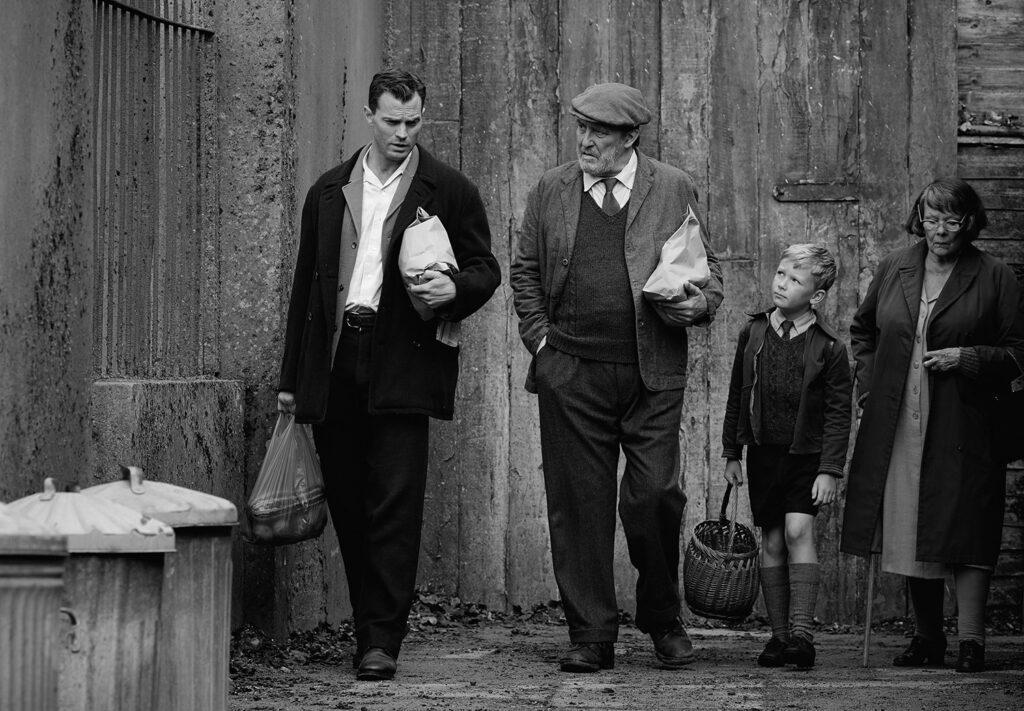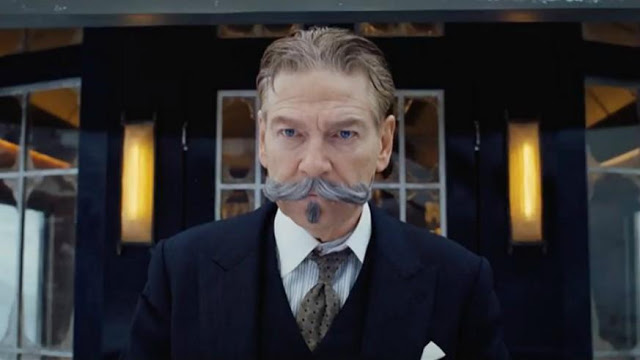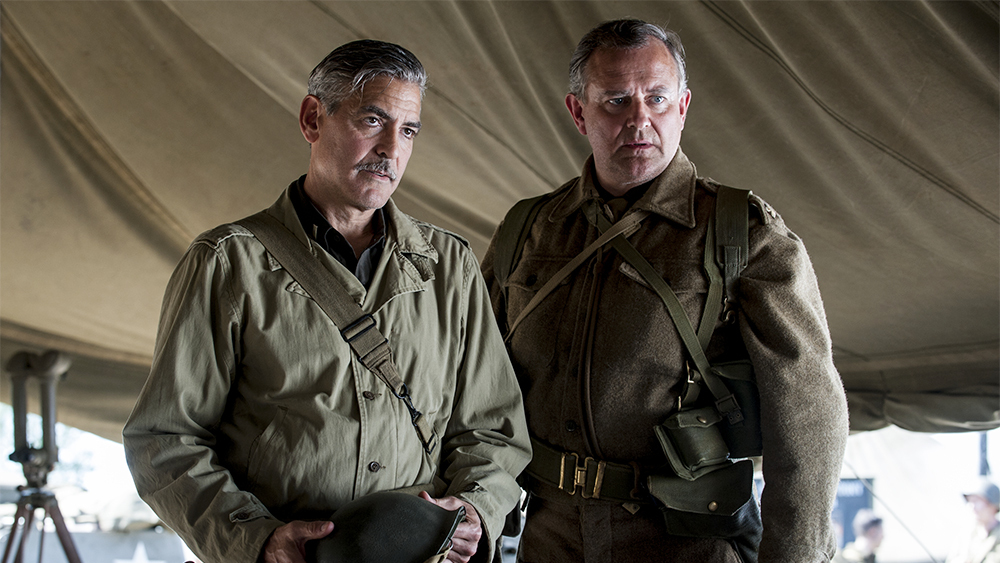A Haunting in Venice: The Ghost of the Town

Just what kind of genius is Hercule Poirot? Six years ago, in his remake of Murder on the Orient Express, Kenneth Branagh reimagined Agatha Christie’s famous detective as a man obsessed with balance; his gift for crime-solving derived from his preternatural ability to recognize when clues and alibis didn’t line up. In his two ensuing movies—first the forgettable Death on the Nile, now the somewhat-improved Haunting in Venice—Branagh seems to have abandoned this conceit, instead depicting his super-sleuth as a quasi-scientist who unravels mysteries through the rigorous application of “order and method.” He isn’t some sort of deductive wizard; he just pays attention.
This doesn’t make Poirot an especially interesting character, but it does function as a handy metaphor for Branagh’s own filmmaking. The traps inherent in the murder-mystery picture—the isolated location, the assemblage of suspects, the cheap twists and red herrings, the destination overshadowing the journey—are difficult to evade. This time out, Branagh doesn’t so much avoid them as skillfully blunt their impact. His version of “order and method” is to deploy familiar cinematic tools in order to bring energy and flair to a production whose narrative bones are dusty and creaky. A Haunting in Venice doesn’t exactly revive this moldy skeleton, but it does clothe it in alluring imagery and spooky atmosphere. Read More



